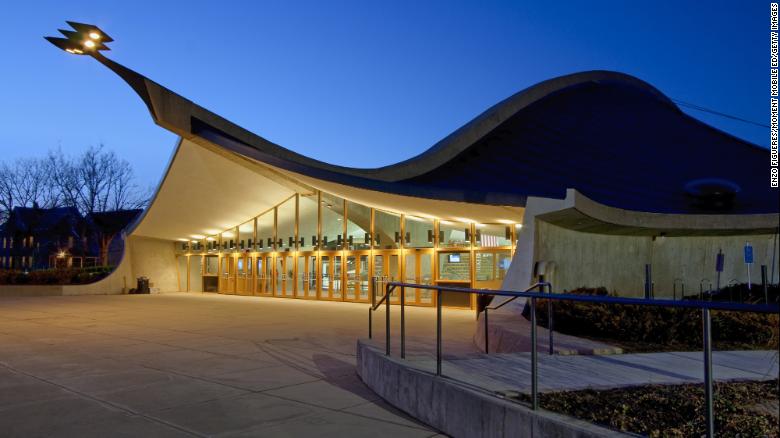Eighteen members of Yale University’s men’s hockey team have been instructed to isolate after testing positive for coronavirus.
Collectively, the cluster raised the school’s Covid-19 alert status from green, which notes “lower risk” to yellow, which signals “low to moderate risk of viral transmission.”
On Tuesday, the university community was notified that six members of a varsity athletic team had tested positive for the virus. Over the past two days 12 additional positive cases have been detected, the Ivy League school confirmed to CNN.
“All other members of the men’s ice hockey team who are in the New Haven area, as well as the Athletics staff who have worked directly with them, have been instructed to quarantine and to participate in the university testing program, whether or not they have been identified as close contacts of infected team members,” Stephanie Spangler, Vice Provost for Health Affairs and Academic Integrity, said in a letter to the Yale community Thursday evening.
Spangler told students “rigorous” contact tracing efforts are underway to identify other individuals who may have been in close contact with the athletes, and said all varsity athletic teams and intramural programs would stop in-person activities for a week.
The school’s hockey rink would also be closed for cleaning through Monday, Oct. 19.
Why ice hockey rinks may enable transmission
The announcement came one day after the US Centers for Disease Control and Prevention’s weekly report suggested indoor sports games could turn into superspreader events.
In the report, Florida health department officials detailed an incident in which one player infected as many as 14 others at a single indoor ice hockey game last spring.
Ice hockey involves vigorous physical exertion with heavy respiration during the game and frequent contact between the players, the researchers noted in the report.
“The ice rink provides a venue that is likely well suited to COVID-19 transmission as an indoor environment where deep breathing occurs, and persons are in close proximity to one another,” it said.
“The indoor space and close contact between players during a hockey game increase infection risk for players and create potential for a superspreader event, especially with ongoing community COVID-19 transmission,” the study concluded.
“The ice rink provides a venue that is likely well suited to COVID-19 transmission as an indoor environment where deep breathing occurs, and persons are in close proximity to one another,” they said.
>>>>


